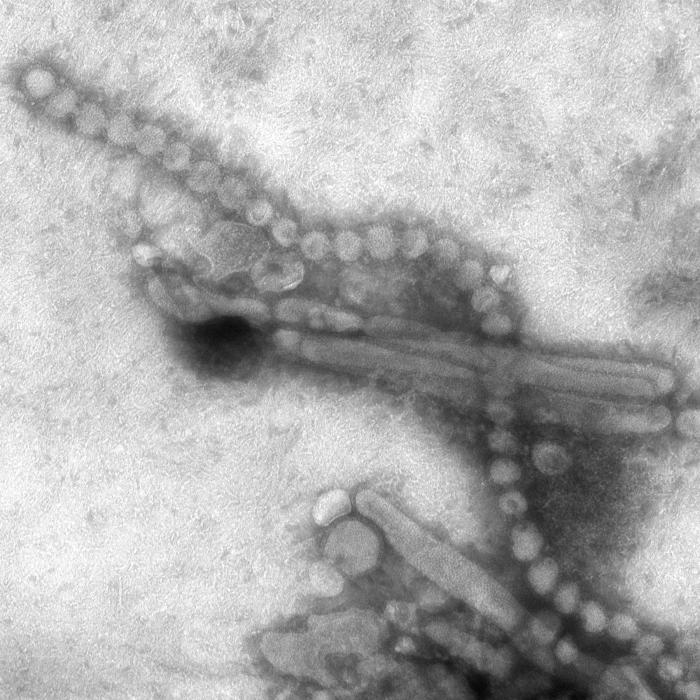The Centre for Health Protection (CHP) of the Department of Health today (February 16) received notification from the National Health and Family Planning Commission that 61 additional human cases of avian influenza A(H7N9), including seven deaths, were recorded from February 6 to 12. The CHP strongly urges the public to maintain strict personal, food and environmental hygiene both locally and during travel.

The 43 male and 18 female patients aged from 22 to 85 had their onset from January 6 to February 8. The cases were from Hubei (11 cases), Zhejiang (10 cases), Jiangsu (nine cases), Guangdong (seven cases), Anhui (six cases), Hunan (six cases), Fujian (five cases), Jiangxi (five cases), and one case each in Shandong and Yunnan. Among them, 25 reported exposure to poultry or poultry markets while the source of infection of 35 cases was still under investigation.
In addition, the CHP is closely monitoring one additional human H7N9 case reported in Beijing. According to the Beijing Municipal Commission of Health and Family Planning, a male patient aged 48 with exposure to poultry had onset in Xingcheng City, Liaoning. He was then sent to Beijing for treatment and is now in serious condition.
“The number of human H7N9 cases reported in the Mainland has also hugely increased since the end of last year, with 419 cases recorded since last November. The number of cases in this wave so far has been much higher than that in the same period last winter. This shows that the situation is abnormal. Hong Kong, Macau and Taiwan also found cases imported from Guangdong,” a spokesman for the CHP said.
“According to the Chinese Center for Disease Control and Prevention, about 90 per cent of the patients in the Mainland reported exposure to live poultry, mostly with exposure to live poultry markets (LPMs). There was also an increase in environmental contamination with H7N9 virus as reflected by the positive rate of environmental samples collected from LPMs or other live poultry-related environments in affected provinces,” the spokesman said.
In view of the current situation, there is a likely risk that environments with live poultry in the Mainland might be contaminated with avian influenza viruses. Travellers to the Mainland or other affected areas must avoid visiting wet markets, poultry markets or farms. They should be alert to the presence of backyard poultry when visiting relatives and friends. They should also avoid purchase of live or freshly slaughtered poultry, and avoid touching poultry/birds or their droppings. They should strictly observe personal and hand hygiene when visiting any place with live poultry.
Travellers returning from affected areas should consult a doctor promptly if symptoms develop, and inform the doctor of their travel history for prompt diagnosis and treatment. It is essential to tell the doctor if they have seen any live poultry during travel, which may imply possible exposure to contaminated environments. This will enable the doctor to assess the possibility of avian influenza and arrange necessary investigations and appropriate treatment in a timely manner.
Related:

